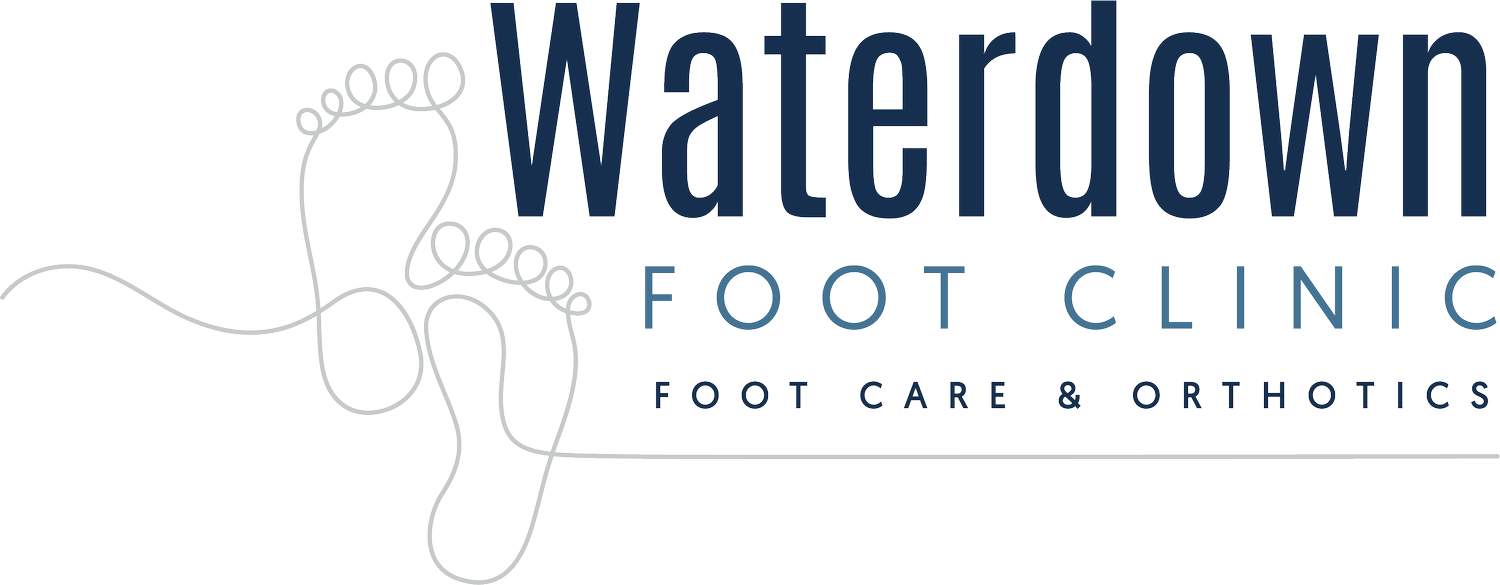At Waterdown Foot Clinic, we understand how painful and frustrating ingrown toenails can be. Our treatment begins with a thorough assessment to determine the cause—whether it's improper trimming, footwear, trauma, or nail shape. For mild or first-time cases, we may offer conservative care, which includes careful nail edge removal, antiseptic soaks, footwear advice, and infection management if necessary.
For chronic or severely ingrown nails, we provide partial nail avulsion surgery, a safe and effective procedure done under local anesthetic to remove the problematic edge and permanently prevent it from growing back. The procedure takes about 30 minutes, and recovery is typically fast with minimal downtime. Whether you're dealing with a first-time ingrown or a recurring issue, we're here to help you walk comfortably again—no referral needed.
Ingrown Toenail surgery & conservative treatment
-
An ingrown toenail occurs when the edge of the nail grows into the surrounding skin, causing pain, redness, swelling, or even infection. It most commonly affects the big toe and can result from improper nail trimming, tight footwear, trauma, or natural nail shape.
-
We offer both conservative care and minor surgical procedures depending on severity. Conservative care may involve gentle trimming of the nail edge, soaking instructions, and topical or oral antibiotics if needed. For recurring or infected ingrowns, we may recommend a partial nail avulsion, a safe in-office procedure that removes the ingrown portion of the nail and provides long-term relief.
-
Partial nail avulsion (PNA) is a quick, sterile procedure performed under local anesthetic. The edge of the affected nail is removed, and in most cases, a mild chemical (phenol) is applied to prevent regrowth of that edge. The result is a narrower nail that looks natural and no longer causes pain
-
The procedure is painless during treatment due to local anesthesia. You may experience minor soreness or drainage afterward, but most people resume regular activities within a few days. Typically, pain-relief medication is not required.
-
Surgery is typically recommended if you:
Have frequent or recurring ingrown nails
Experience persistent pain or swelling
Have had infections or abscesses
Tried conservative care without relief
We always assess first before deciding if surgery is right for you at your initial visit.
-
Many extended health insurance plans cover a portion or all of both the initial assessment and the surgical procedure. We provide detailed receipts for you to submit. OHIP does not cover chiropody services.
-
Absolutely. The procedure is safe and commonly done for all ages, including children and seniors. We use a gentle, supportive approach to keep the experience comfortable.
-
Severe peripheral vascular disease: Poor blood flow can impair healing and increase the risk of complications.
Allergy or sensitivity to local anesthetic: Alternatives may need to be discussed.
Significant immune suppression or active chemotherapy: These patients may require medical clearance or coordinated care.
Uncontrolled diabetes: Increased risk of delayed healing and infection; may still be treated with caution and strict follow-up.
Pregnancy: Elective procedures may be delayed unless medically necessary. Lidocaine (local anaesthetic) is a category B pregnancy risk, meaning no risk has been found in animal studies (there are no adequate studies in humans, but animal studies did not demonstrate a risk to the fetus). Conservative care is recommended, especially in the first trimester.
Severe anxiety or needle phobia: May require additional support, desensitization, or referral depending on severity.
We always perform a full medical history and risk assessment before recommending surgery. If you're unsure whether this procedure is right for you, our team will work with you to explore safe and effective alternatives.
*Surgical procedures cannot be booked online. Please book an initial assessment if this is your first visit to the clinic.
